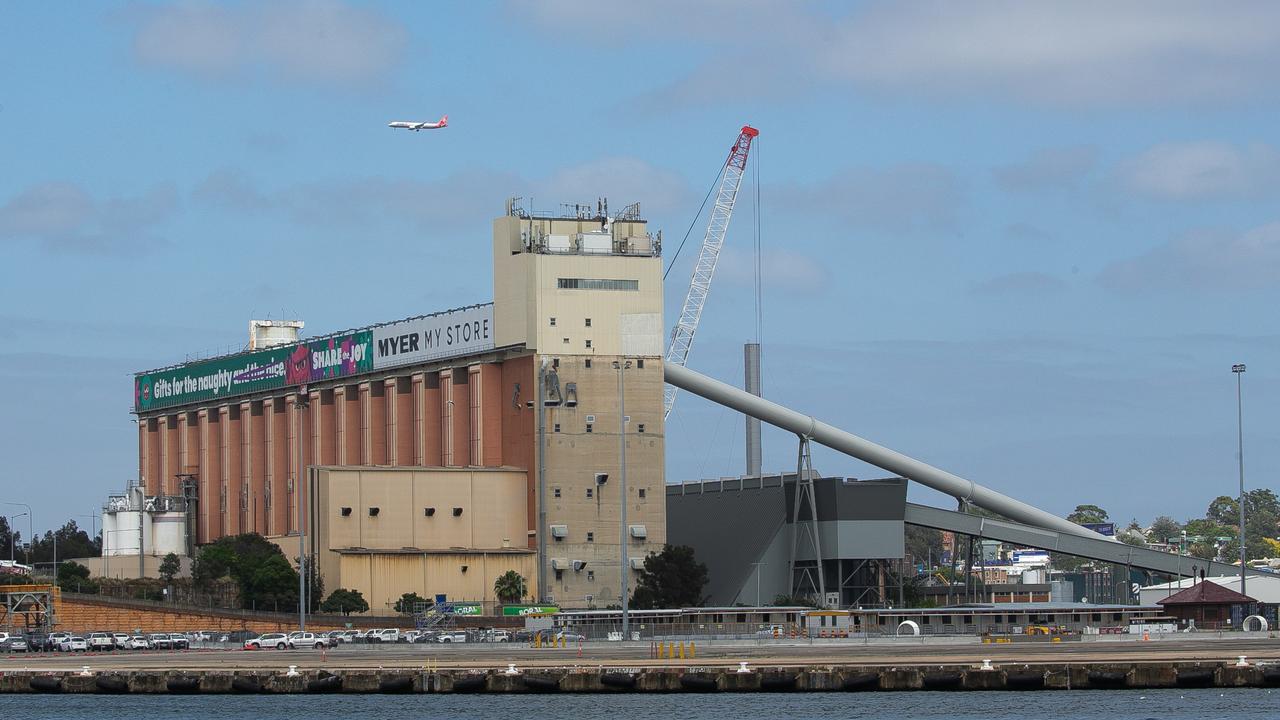NSW public sector wages: What essential workers earn compared to private industry
While some NSW public servants have had pay rises recently approved, many other sectors are in the midst of heated negotiations. Find out what the state’s essential workers earn here.
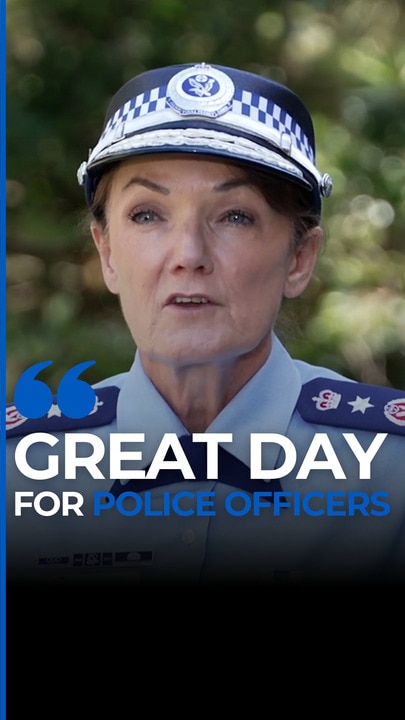
NSW
Don't miss out on the headlines from NSW. Followed categories will be added to My News.
NSW public sector employees have been in heated pay disputes in recent months, with a closer look at salaries revealing significant disparities across professions.
Many industries have been negotiating for higher levels of pay, with NSW Police receiving approval for drastically increased pay packets in a new deal struck to address crucial staff shortages revealed earlier this week.
From Sydney Trains drivers earning over $128,000, to nurses struggling with starting salaries below $70,000, the numbers highlight ongoing tensions about pay equity for essential workers.
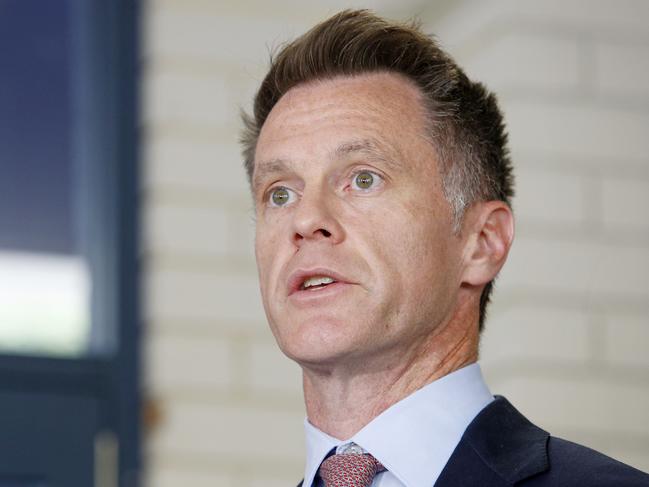
TRANSPORT WORKERS
New data revealed Sydney Trains drivers are among the top earners in the public sector, with an average salary of $128,196, including penalties and overtime.
Sydney Trains guards also fare well, with staff taking home an average of $114,564 per annum.
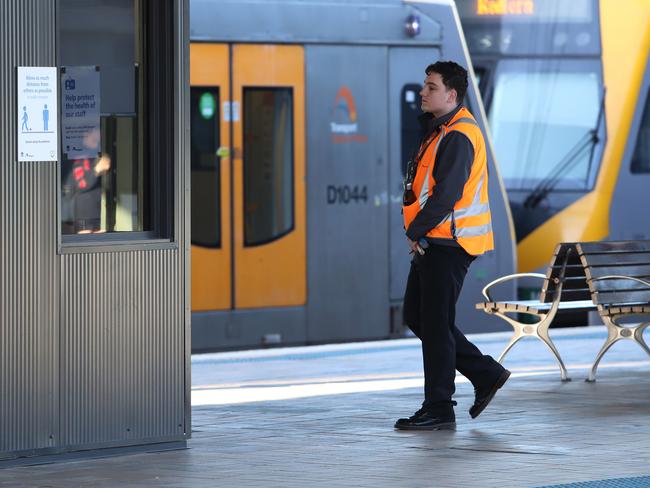
NURSES
The Minns government is in a heated wage dispute with NSW nurses, who are asking for a 15 per cent pay increase over one year.
Officials estimate this would cost $3 billion to implement across the state’s 50,000 public sector nurses.
Currently, starting salaries for registered nurses begin at $69,810, with third-year nurses earning less than $80,000.
Even senior registered nurses earning up to $98,000 fall short of train drivers by $30,196.
The gap is starker for enrolled nurses, whose salaries range from $63,131 to a top-tier of $68,559 — less than half the average earnings of a Sydney Trains driver.
TEACHERS
Teachers in NSW recently secured a landmark three-year wage agreement, with new teachers set to earn $92,882 annually by October 2026.
Despite this progress, their starting salaries will still trail behind train drivers by $35,300.
The disparity between essential workers like educators and transport staff underscores ongoing debates about wage equity.
POLICE
NSW Police have secured the largest wage increase in their history, with pay rises of up to 40 per cent following a new agreement.
By mid-2027, the salary for a Level 3 senior constable will jump from $107,600 to $146,600 — a significant boost that places their earnings well above those of many other public sector workers.
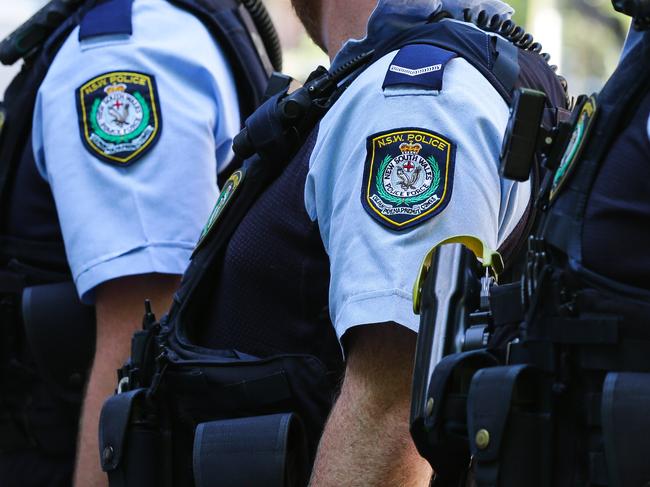
PARAMEDICS
Following a deal in December 2023, the NSW Government gave paramedics a record 25 per cent pay increase on average over four years.
Following this, the base pay of critical care paramedics increased from $98,390 to $127,261 while the base pay of a specialist year three paramedic jumped from $90,711 to $117,328.
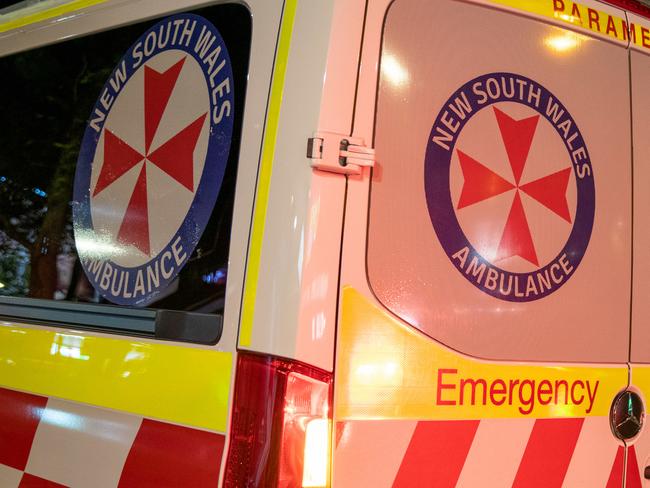
FIREFIGHTERS
The NSW Government and firefighters’ union have reached an agreement that will see an interim pay rise of 3 per cent, industrial action cease and the independent industrial umpire resolve the remaining issues in dispute.
The pay increase for 6800 Fire and Rescue NSW (FRNSW) firefighters will be backdated to February and follows a 4.5 per cent pay rise (inclusive of super) delivered to firefighters last year, the highest in more than a decade.
In NSW, recruit firefighters earn a weekly wage of approximately $1356.90, compared to $1565.65 for firefighters, while a qualified firefighter receives about $1843.99.
These figures translate to a 52-week pay of $70,558.8 for recruit firefighters, $81,413.8 for firefighters and 95,887.48 for a qualified firefighters.
A NSW Inspector has an approximate weekly wage of $2609.42 which translates to an estimated salary of $135,689.84.
Do you have a story for The Daily Telegraph? Message 0481 056 618 or email tips@dailytelegraph.com.au





